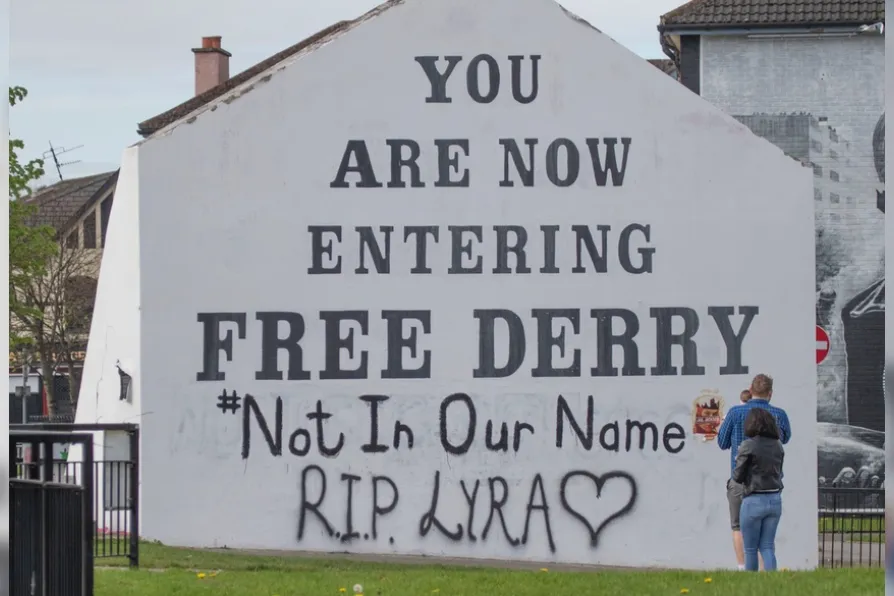From London’s holly-sellers to Engels’s flaming Christmas centrepiece, the plum pudding was more than festive fare in Victorian Britain, says KEITH FLETT
With Lyra McKee’s death, we should take stock of what really matters


“WE WERE the Good Friday Agreement generation, destined to never witness the horrors of war but to reap the spoils of peace,” wrote Lyra McKee, who was killed in Derry on Thursday night.
“The spoils just never seemed to reach us.”
We woke up to the news of McKee’s death on the 21st anniversary of the Good Friday Agreement.
Similar stories

A new group within the NEU is preparing the labour movement for a conversation on Irish unity by arguing that true liberation must be rooted in working-class solidarity and anti-sectarianism, writes ROBERT POOLE

After more than 30 years, the printing presses have finally halted for the left-wing magazine. KATE HUDSON pays tribute to the always thought-provoking publication and explains how the editorial team are inviting feedback and comment on their continued online operations

From colonialism to the Troubles, the story of England’s first colony is one of exploitation, resistance, and solidarity — and one we should fight to ensure is told, writes teacher ROBERT POOLE











